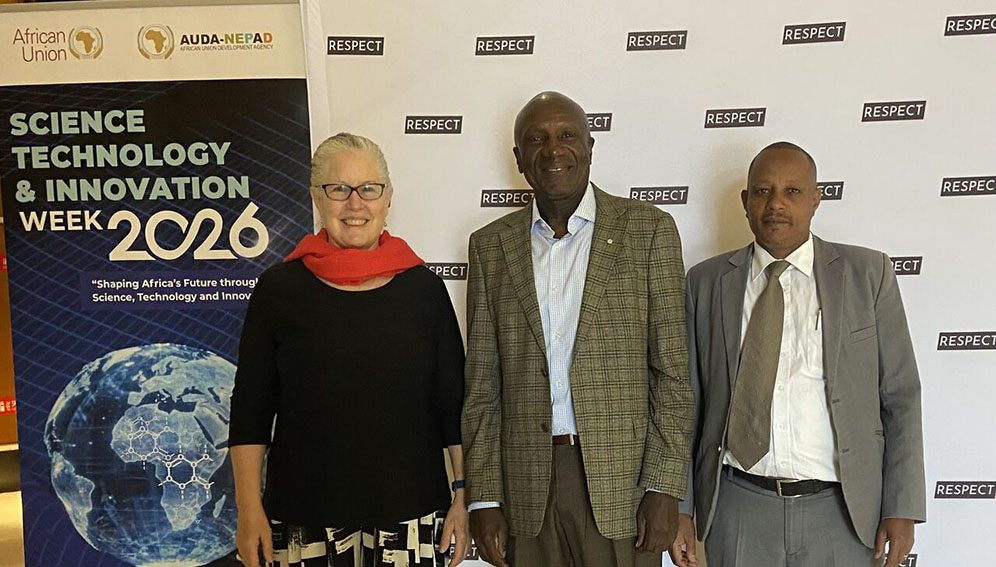Malawi
Science Granting Council
Summary
The National Commission for Science and Technology (NCST) in Malawi fosters scientific innovation and technological advancement to drive national development and improve the quality of life for all Malawians.
Council details
The National Commission for Science and Technology (NCST) serves as Malawi’s lead advisory body on research, science, technology, and innovation (RSTI). Its mandate includes promoting, coordinating, supporting, and regulating RSTI activities across sectors. The NCST operates under the Science and Technology Policy of 2002, currently under revision to reflect emerging needs.
NCST brings together stakeholders from academia, government, and the private sector to co-create solutions with real-world impact.
One of NCST’s notable achievements came in 2022, when Malawi established a dedicated science and technology fund. This landmark decision was a direct result of the Commission’s advocacy and policy influence. The new fund has significantly transformed how research is conducted. It ensures that research is better aligned with national priorities and directly addresses Malawi’s development challenges.
Strengthening Science through SGCI
Malawi joined the Science Granting Councils Initiative (SGCI) in 2015. Since then, the NCST has benefited from multiple SGCI capacity-building initiatives.
These include training in monitoring and evaluation, research funding, innovation incubation, and institutional strengthening. Such support laid the groundwork for the creation of Malawi’s science and technology fund.
The Commission acknowledges that SGCI’s support has been instrumental in enhancing its operational capacity and promoting research excellence.
Driving Innovation with Local Impact
NCST’s approach combines scientific excellence with community-focused innovation. Through the SGCI, the Commission supports projects that tackle local challenges while fostering sustainable development.
Examples include converting fly waste into fertiliser, using solar energy in rural areas, building biogas plants, and promoting modern fish kilns. Each initiative demonstrates how applied research improves lives and supports national development goals.
Leadership Perspective: A Transformative Journey
In a recent interview, Gift Kadzamira, Director-General of NCST, shared the Commission’s journey since its establishment in 2003 and operational start in 2009. She reflected on how SGCI has enabled Malawi’s research ecosystem to grow stronger, more relevant, and more inclusive.
Through the continued support of SGCI, NCST remains committed to developing a responsive, impactful research and innovation landscape in Malawi and beyond.
Impact we’re having
Stories of change
Low-tech health app engages
Five years after its launch, PENSA – a mobile app developed in Mozambique— has been accessed by…
SGCI funded projects
Empowering Malawi’s rural communities through renewable energy, sustainable agriculture
Project Titles & Institution Areas of Research Number of Projects being funded Project Duration Grant Amount In-Kind Distribution Council Collaboration with other councils
Zimbabwe, Botswana, and Malawi collaborate on science and technology projects
Project Titles & Institutions Areas of Research Biotechnology, mining technology, space science, digital communication technologies, climate smart technologies, AI, agro-processing and renewable energy Number of Projects being funded In-kind Distribution In-kind support (~USD 5K each) covering…
Related News
Building Africa’s science future: inside the SGCI alliance
As Phase 3 of the Science Granting Councils Initiative launches on the margins of the African Union Summit in Addis Ababa last week, the SGCI Alliance Chair explains why this moment marks a decisive turning point for African science. Cephas Adjei Mensah describes what is…
Open call: Support for science granting councils in Sub-Saharan Africa
The International Development Research Centre (IDRC), through the Science Granting Councils Initiative (SGCI), has launched a call for proposals to support science granting councils in Sub-Saharan Africa in the establishment and operationalisation of the Capacity Strengthening Hub under Phase III of the SGCI-3. The Hub…
SGCI phase 3: USD 42M boost for Africa’s STI agenda
It was an exhilarating moment as the Science Granting Councils Initiative (SGCI) Phase 3 funding announcement was officially made yesterday during the Science, Technology, and Innovation (STI) Week 2026, held in Addis Ababa, Ethiopia. The STI Week, organised by AUDA-NEPAD and the African Union and…







